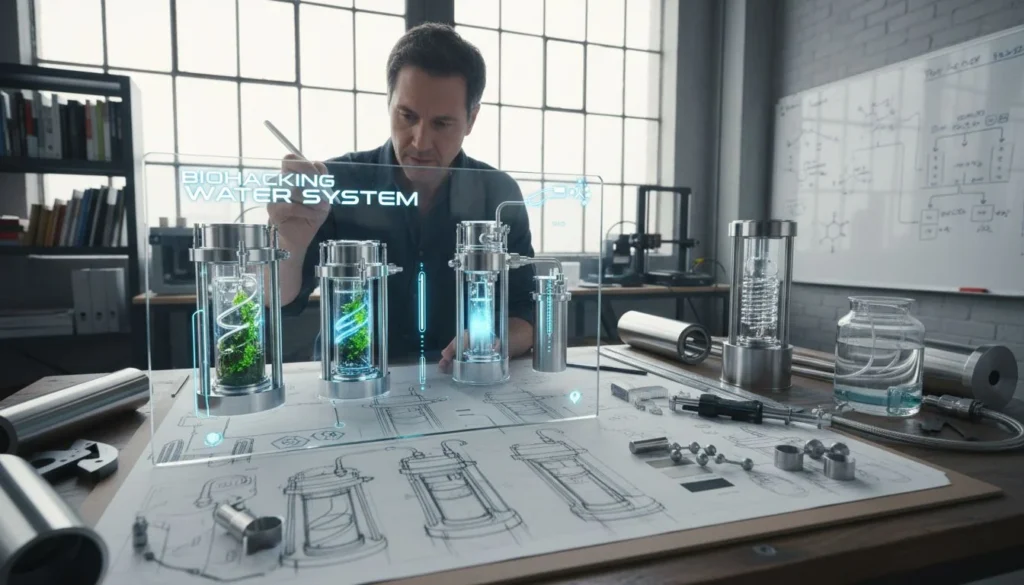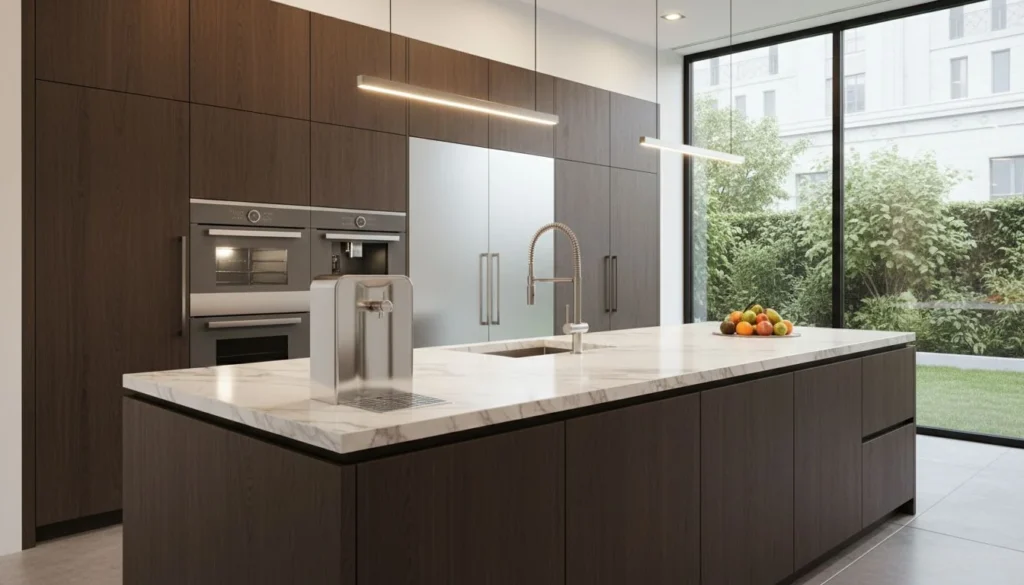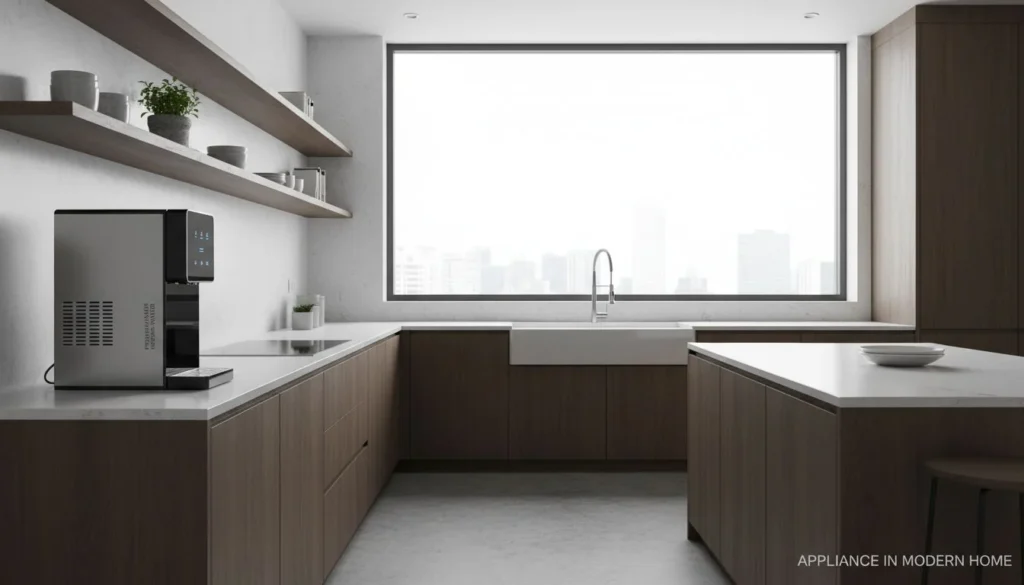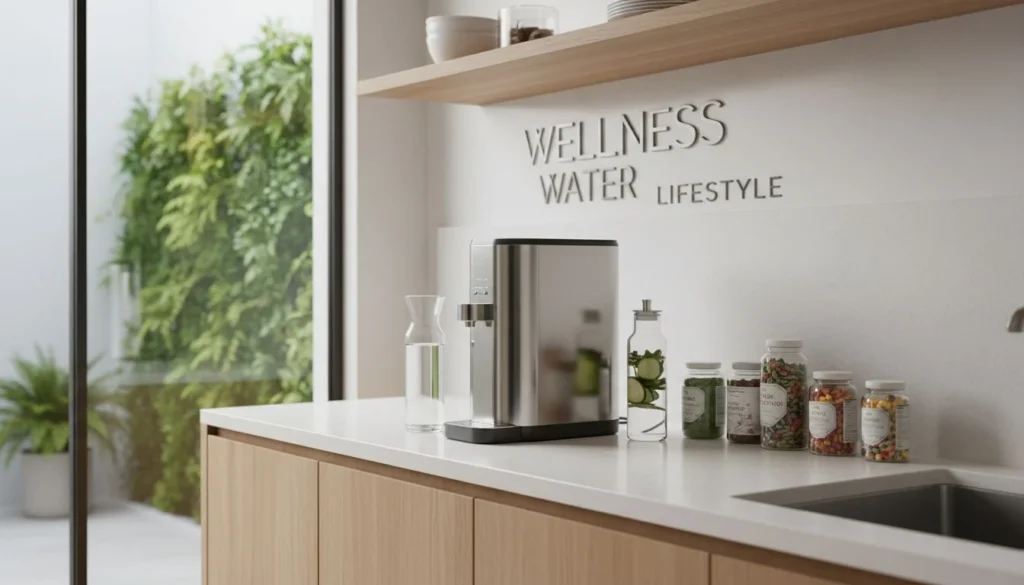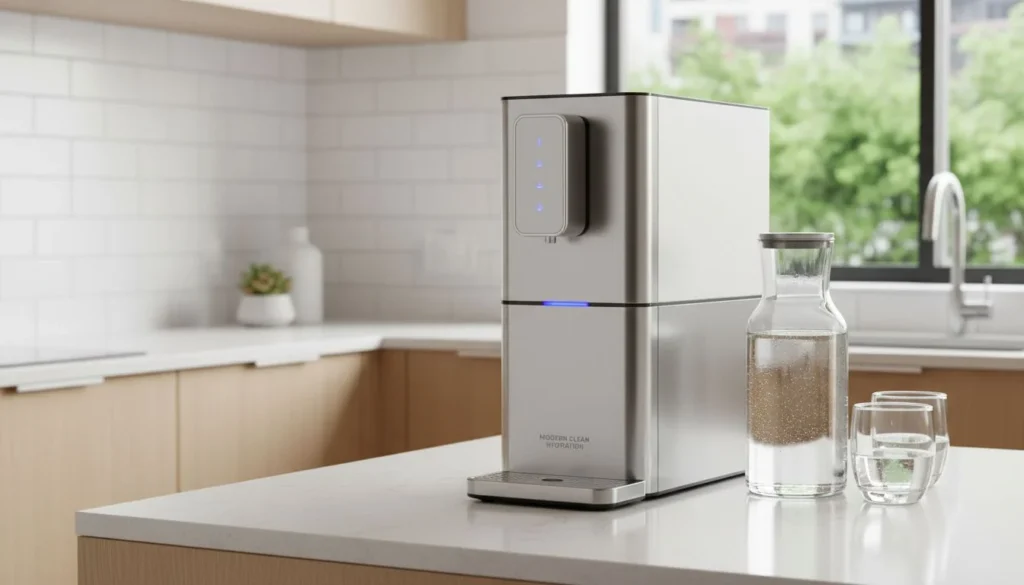Представьте себе, что вы заселяетесь в отель и чувствуете свежий, как утренний бриз, воздух - благодаря HisoAir это возможно.
В системах очистки воздуха HisoAir используется H13 True HEPA Фильтры улавливают 99,95% частиц, переносимых по воздуху, таких как вирусы и аллергены, обеспечивая превосходное качество воздуха в помещении (IAQ) в отелях. Они обеспечивают локальную очистку, энергоэффективность и мониторинг в режиме реального времени, создавая более здоровую среду как для гостей, так и для персонала.
Когда я впервые вошла в холл отеля и заметила хрустящий воздух, это стало для меня откровением. Легко не заметить, как сильно мы жаждем чистого воздуха, пока он не окажется рядом, окутывая нас теплыми объятиями. Именно здесь на помощь приходит HisoAir, превращая обычные помещения в святилища здоровья и комфорта. Интегрируя первоклассные технологии фильтрации и энергоэффективные конструкции, эти системы неустанно работают за кулисами. Будь то шумный вестибюль отеля или уединенная комната для гостей, HisoAir гарантирует, что каждый ваш вдох будет чистым и оздоравливающим. Давайте рассмотрим подробнее, как HisoAir меняет представление о качестве воздуха в отелях.
Фильтры HisoAir задерживают 99,95% частиц, находящихся в воздухе.Правда
В системах HisoAir используются фильтры H13 True HEPA, задерживающие большинство частиц, находящихся в воздухе.
В системах HisoAir отсутствует мониторинг качества воздуха в режиме реального времени.Ложь
Системы HisoAir обеспечивают мониторинг в режиме реального времени, повышая качество воздуха в помещении.
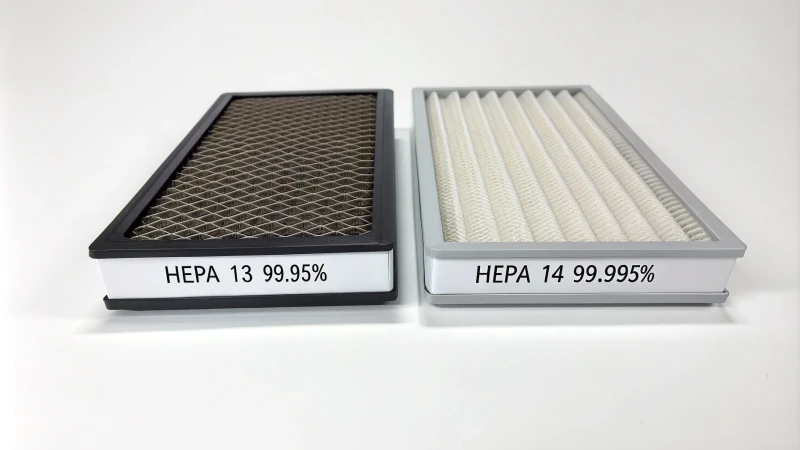
Почему качество воздуха в помещениях важно для гостей отеля?
Вы когда-нибудь заселялись в отель и удивлялись, почему вы чувствуете себя так свежо или, наоборот, немного душно? Это волшебство - или угроза - качества воздуха в помещении.
Качество воздуха в помещениях имеет решающее значение для гостей отеля, поскольку напрямую влияет на их здоровье, комфорт и удовлетворенность. Плохой IAQ может привести к проблемам с дыханием, аллергическим реакциям и неблагоприятным отзывам, что может значительно испортить репутацию отеля и лояльность гостей.
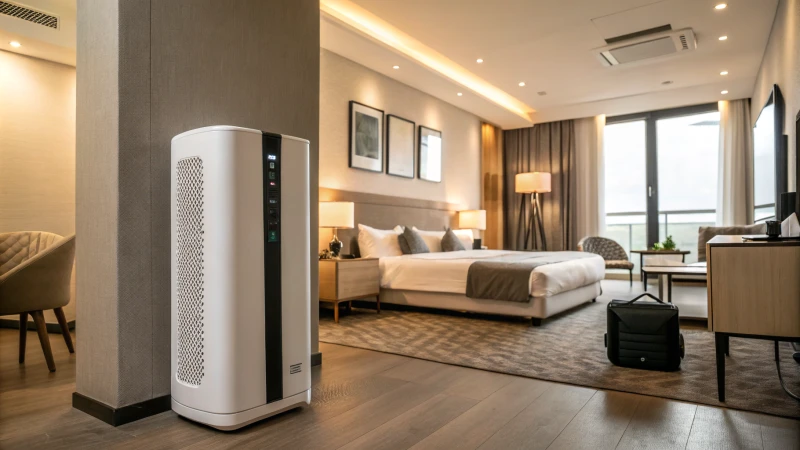
Последствия бедности для здоровья IAQ
Помню, как однажды я остановилась в очаровательном маленьком отеле, который обещал уютный отдых от суеты и шума. Однако вместо того, чтобы проснуться посвежевшей, я обнаружила, что чихаю без остановки, да еще и глаза чешутся. Оказалось, что мой номер был пристанищем пылевых клещей и аллергенов - классических виновников плохого самочувствия. качество воздуха в помещении1. Этот опыт стал ярким напоминанием о том, насколько IAQ имеет значение, особенно для таких людей, как я, страдающих аллергией или астмой.
Загрязняющие вещества, такие как пыль, споры плесени и летучие органические соединения (ЛОС) могут спровоцировать эти заболевания. Поэтому, когда отели инвестируют в эффективные системы фильтрации, они не просто улучшают качество воздуха - они улучшают впечатления гостей и защищают наше здоровье.
Влияние на бизнес отелей
Не секрет, что сегодня путешественники уделяют больше внимания здоровью и безопасности, чем когда-либо прежде. Однажды я прочитал опрос, в котором 96% путешественников назвали IAQ как решающий фактор при выборе отеля. И, честно говоря, я не могу их винить! Чистый воздух - это не только комфорт; он влияет на то, вернутся ли гости в отель или расскажут о своем опыте. Негативные отзывы, вызванные плохим качеством воздуха, - это как большая надпись "не бронировать" на репутации отеля.
| Фактор | Важность |
|---|---|
| Здоровье гостей | Высокий |
| Комфорт | Высокий |
| Лояльность и удержание | Умеренный |
| Репутация бренда | Очень высокий |
Рекомендации по улучшению IAQ
Чтобы по-настоящему впечатлить гостей и заставить их вернуться, отели могут инвестировать в передовые технологии. Системы отопления, вентиляции и кондиционирования воздуха2 с высокоэффективными фильтрами. Локальные очистители воздуха в гостевых комнатах и местах с большой проходимостью - еще один фантастический способ повысить качество воздуха. И вот еще интересный факт: пять смен воздуха в час, как рекомендуют органы здравоохранения, такие как CDC, могут существенно изменить ситуацию.
Технологические инновации в IAQ Управление
Современные технологии очистки воздуха позволяют отслеживать его качество в режиме реального времени, что дает возможность персоналу отеля вносить необходимые изменения прямо на ходу. Эти технологии3 Они не только эффективны, но и энергосберегающи, а значит, отели могут быть одновременно экологичными и экономичными.
Инвестиции в экологичные решения по очистке воздуха также способствуют соблюдению стандартов экологической сертификации. Это очень привлекает путешественников, заботящихся об экологии, таких как я, которые ценят экологичность так же, как и комфорт. Отели могут подчеркнуть эти усилия в своих маркетинговых стратегиях, чтобы привлечь больше гостей, желающих глотнуть свежего воздуха.
96% путешественников отдают предпочтение IAQ при бронировании отеля.Правда
Согласно опросам, 96% путешественников считают IAQ критически важным.
В отелях необходимо обеспечить десять смен воздуха в час для хорошего IAQ.Ложь
Медицинские учреждения рекомендуют менять воздух не десять, а пять раз в час.
Как в системах HisoAir используется передовая технология фильтрации?
Вы когда-нибудь задумывались, как HisoAir делает воздух в помещении свежим, как горный бриз? Окунитесь в мир их передовой технологии фильтрации, которая обещает более чистый и здоровый воздух.
В системах HisoAir используются самые современные технологии фильтрации, такие как H13 True HEPA фильтры, задерживающие 99,95% надоедливых частиц в воздухе. Они отличаются высочайшей эффективностью и адаптивностью, повышая качество воздуха в помещении в различных условиях.
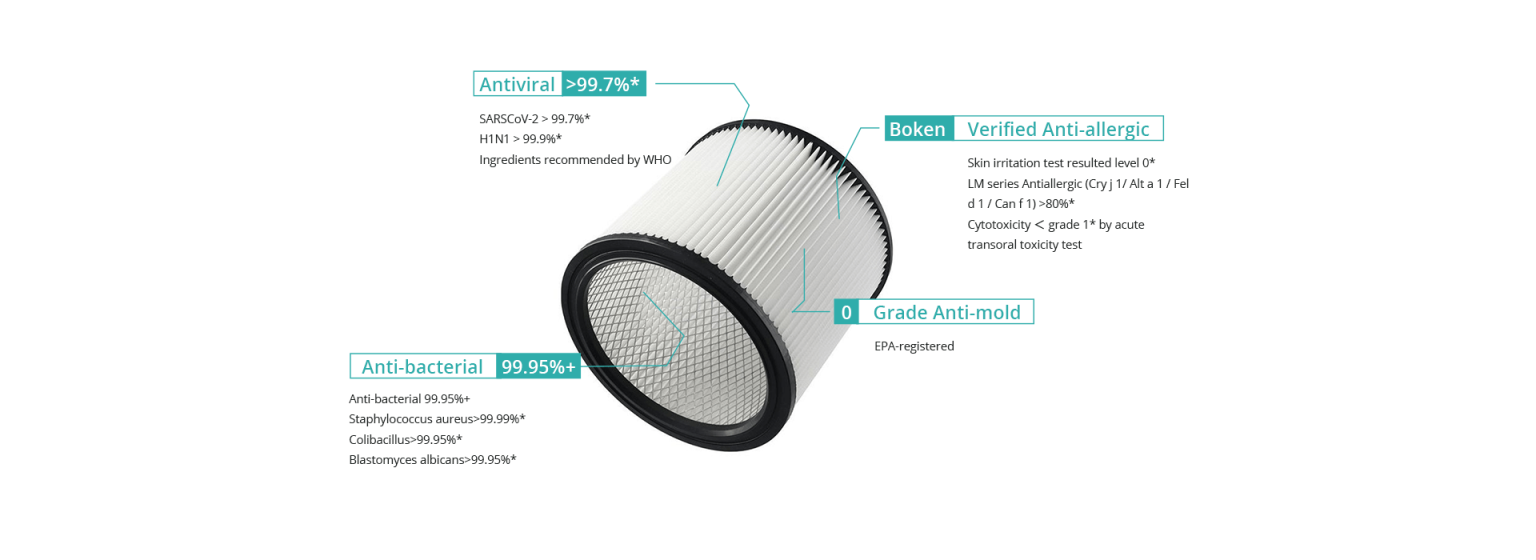
Понимание передовых технологий фильтрации
Знаете, как бывает, когда заходишь в комнату и кажется, что в ней душно? Часто это результат плохого качества воздуха, с которым я слишком хорошо знаком за годы работы. Представьте себе, что вы открываете окно, чтобы впустить свежий воздух, но не можете этого сделать из-за загрязнения воздуха снаружи. Именно здесь на помощь приходит передовая технология фильтрации.
HisoAir использует многослойный подход к фильтрации, который позволяет справиться с широким спектром загрязнений. Вот краткое описание того, как эти слои работают вместе:
| Стадия фильтрации | Функция |
|---|---|
| Фильтр предварительной очистки | Улавливает крупные частицы, такие как пыль и шерсть домашних животных |
| Активированный уголь | Поглощает запахи и летучие органические соединения (ЛОС) |
| H13 Правда HEPA | Отфильтровывает 99,95% мелких частиц, включая бактерии и вирусы |
Роль H13 True HEPA Фильтры
Я помню, как впервые узнал о HEPA фильтры4-Я был очарован их способностью улавливать такие маленькие частицы. HisoAir's H13 True HEPA Фильтры предназначены для улавливания частиц размером до 0,1 микрона, что просто невероятно! Это делает их идеальными для зоны с высокой проходимостью5 где больше всего аллергенов и загрязняющих веществ. Это как личный телохранитель для ваших легких.
Эффективность фильтров H13 в удалении вредных частиц делает их предпочтительным выбором для улучшения качества воздуха в таких помещениях, как гостиницы, где поддержание здоровой атмосферы имеет решающее значение.
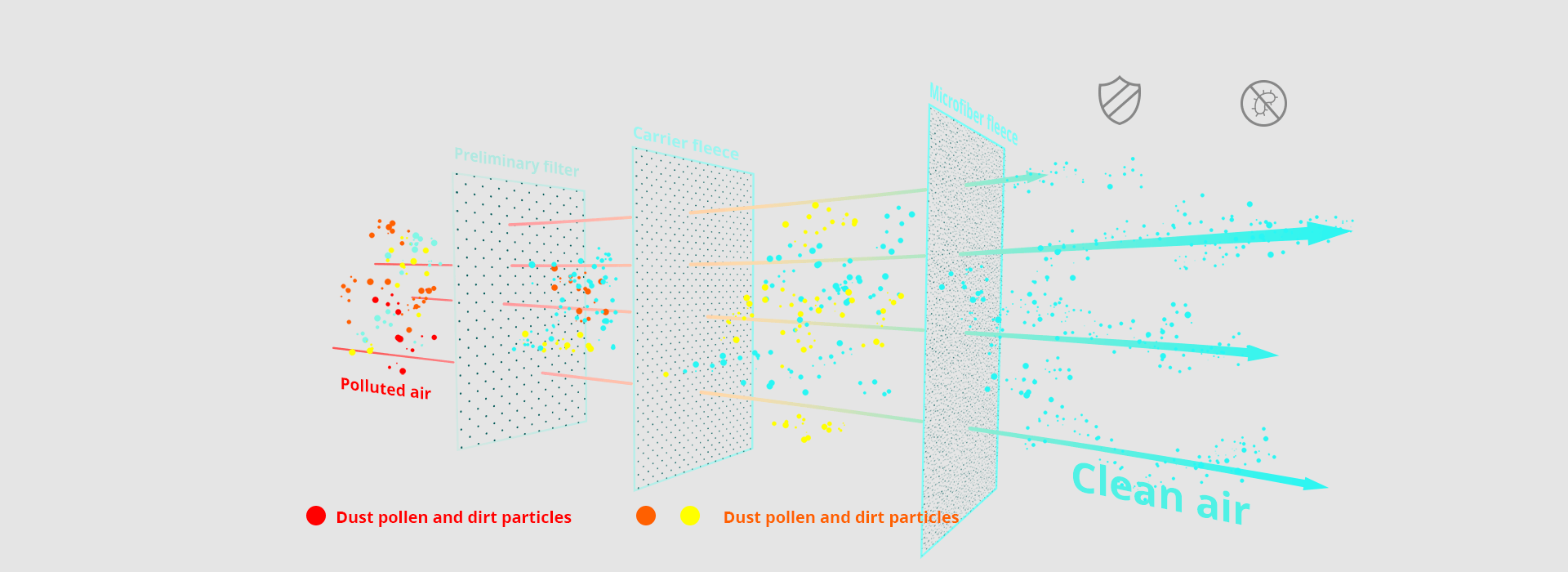
Интеграция с существующими системами ОВКВ
Мне нравится в HisoAir то, как легко их системы интегрируются с существующими системами отопления, вентиляции и кондиционирования воздуха. Нет необходимости в капитальном ремонте; эти системы прекрасно вписываются в систему, обеспечивая рекомендуемые пять смен воздуха в час.КАЖДЫЙ) без особых проблем. Это все равно что обновить свой смартфон, не меняя весь образ жизни.
Для объектов, уже оснащенных системами отопления, вентиляции и кондиционирования воздуха, интеграция блоков HisoAir обеспечивает улучшенную очистка воздуха6 без существенных изменений в инфраструктуре.
Энергоэффективность и эксплуатационные преимущества
Давайте поговорим о том, как сэкономить, будучи экологически чистым. Помимо фильтрации, системы HisoAir разработаны для повышения энергоэффективности. При годовой стоимости энергии всего $17 за единицу вы можете сохранить совесть чистой, а кошелек - счастливым.
Годовые затраты на электроэнергию для типичного устройства могут составлять всего $17, что делает его экономичным выбором для предприятий, ориентированных на экономическую эффективность и устойчивость.
Возможности мониторинга в режиме реального времени
А для тех, кто любит данные (виновен в этом), HisoAir обеспечивает мониторинг качества воздуха в режиме реального времени. Эта функция позволяет руководителям объектов принимать обоснованные решения, корректируя настройки очистки по мере необходимости для постоянного поддержания здоровой среды в помещении.
Мониторинг в режиме реального времени также обеспечивает прозрачность в лучшем виде, предлагая предприятиям продемонстрировать свою приверженность принципам охраны здоровья и безопасности путем укрепление доверия7 со своими клиентами.
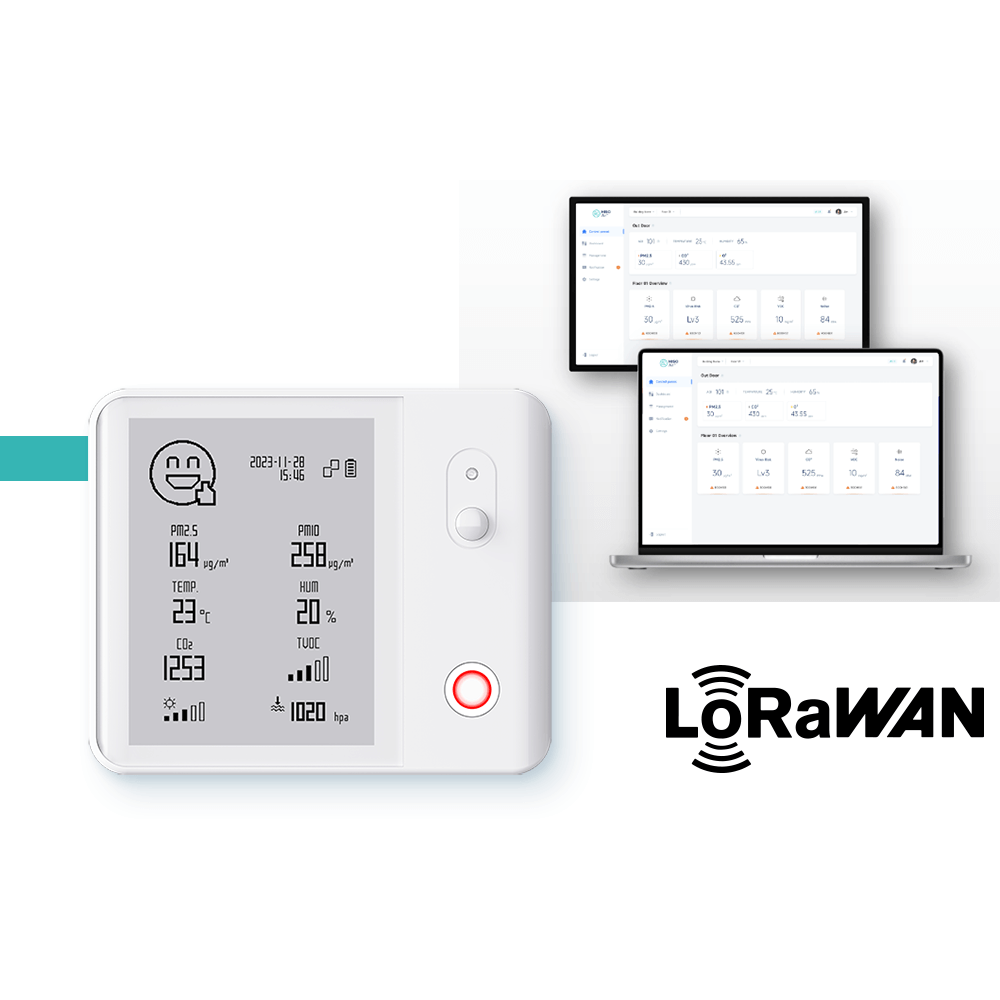
HEPA-фильтры HisoAir H13 задерживают частицы размером до 0,1 микрона.Правда
Фильтры H13 True HEPA задерживают мелкие частицы, включая бактерии и вирусы.
Интеграция HisoAir требует значительных изменений в системе отопления, вентиляции и кондиционирования.Ложь
HisoAir легко интегрируется в существующие системы отопления, вентиляции и кондиционирования воздуха без существенных изменений.
Как отели могут максимально использовать очистители HisoAir?
Вспомните, когда вы в последний раз заходили в холл отеля и чувствовали, как вас обнимает чистый, свежий воздух? Возможно, это произошло благодаря очистителям HisoAir.
Чтобы эффективно использовать очистители HisoAir в отелях, необходимо размещать их в местах с высокой проходимостью, интегрировать с существующими системами ОВКВ и использовать мониторинг качества воздуха в режиме реального времени. Такой подход обеспечивает оптимальное качество воздуха, повышает удовлетворенность гостей и соответствует санитарным нормам.
Стратегическое размещение очистителей
Представьте, что вы идете по оживленному холлу отеля или завтракаете в уютном ресторане, будучи уверенным в том, что воздух, которым вы дышите, чистый. Именно это могут сделать стратегически расположенные очистители HisoAir. Благодаря размещению этих устройств в зоны с высокой проходимостью8 В таких местах, как вестибюли, рестораны и помещения для проведения мероприятий, отели могут обеспечить высокое качество воздуха в местах наибольшего скопления гостей.
Но не стоит забывать и о святости отдельных гостевых комнат. Размещенные здесь очистители не только поддерживают высокое качество воздуха, но и придают индивидуальный характер пребыванию гостей, превращая их комнату в индивидуальный уголок комфорта.
Интеграция с системами отопления, вентиляции и кондиционирования воздуха
Однажды я остановился в отеле, где кондиционер был похож скорее на легкий бриз, чем на штормовой ветер. Вероятно, это произошло потому, что система очистки воздуха была интегрирована с системой отопления, вентиляции и кондиционирования. Очистители HisoAir можно легко подключить к существующим системам ОВКВ, чтобы увеличить поток воздуха и эффективность фильтрации. Такая интеграция не только повышает энергоэффективность9 но и соблюдает рекомендуемые нормы замены воздуха.
Модернизация систем ОВКВ с помощью высокоэффективных фильтров, которые работают вместе с устройствами HisoAir, позволяет максимально эффективно очищать воздух. Такой двойной подход является ключом к созданию более благоприятной для дыхания среды.
Мониторинг в режиме реального времени и использование данных
Представьте себе, что вы можете видеть, насколько чист воздух вокруг вас. С очистителями HisoAir отели могут предложить такую прозрачность благодаря возможности мониторинга в режиме реального времени. Доступ к IAQ Данные с помощью информационных панелей позволяют управляющие объектами10 для принятия обоснованных решений по поддержанию оптимального качества воздуха во всем помещении.
Делясь этими данными с гостями, вы сможете укрепить доверие и продемонстрировать искреннюю заботу об их здоровье и благополучии.
Экономическая эффективность и устойчивость
Прелесть очистителей HisoAir заключается в их энергоэффективной конструкции, которая позволяет отелям поддерживать превосходное качество воздуха без резкого увеличения эксплуатационных расходов. Например, годовые затраты на электроэнергию для типичного устройства составляют около $17 - небольшая цена за столь значительное преимущество.
| Характеристика | Выгода |
|---|---|
| Высокоэффективная фильтрация | Улавливает 99,95% частиц, находящихся в воздухе |
| Локальная очистка воздуха | Индивидуальная уборка определенных зон |
| Мониторинг в режиме реального времени | Информированный IAQ управление |
| Энергоэффективность | Снижение эксплуатационных расходов |
Эффективное внедрение очистителей HisoAir означает стратегическое мышление в отношении размещения, интеграции и использования данных в режиме реального времени. Такая комплексная стратегия не только повышает санитарные стандарты, но и увеличивает удовлетворенность гостей и эффективность работы.
Очистители HisoAir способны улавливать 99,95% частиц, находящихся в воздухе.Правда
В очистителях HisoAir для этого используется высокоэффективная фильтрация.
Интеграция HisoAir с системами отопления, вентиляции и кондиционирования воздуха увеличивает затраты на электроэнергию на 50%.Ложь
Очистители HisoAir разработаны с учетом энергоэффективности, что позволяет сократить расходы.
Как мониторинг в режиме реального времени изменит управление качеством воздуха?
Представьте, что вы можете дышать чистым воздухом, не задумываясь об этом. Таково обещание мониторинга качества воздуха в режиме реального времени, который изменит наши методы борьбы с загрязнителями.
Мониторинг в режиме реального времени революционизирует управление качеством воздуха, предоставляя непрерывные данные о загрязняющих веществах, что позволяет принимать упреждающие меры и обоснованные решения. Эта технология обеспечивает соблюдение нормативных требований и улучшает здоровье населения, оперативно устраняя загрязнения.

Роль мониторинга в режиме реального времени в управлении качеством воздуха
Я помню, как впервые увидел данные о качестве воздуха в реальном времени. Это было похоже на наблюдение за тем, как дышит мир, как невидимые загрязняющие вещества танцуют в нашей окружающей среде. Мониторинг в реальном времени - это не просто цифры на экране; это возможность принимать немедленные решения, которые могут защитить наше здоровье и окружающую среду. Постоянное измерение загрязняющих веществ, таких как PM2.5, CO2, и ЛОСМы не просто реагируем - мы прогнозируем и предотвращаем потенциальные угрозы здоровью.
Представьте себе шумный город, оснащенный датчиками, которые старательно сообщают уровни загрязнения11 из каждого уголка. При неожиданном пике загрязняющих веществ можно быстро принять меры, например, сократить выбросы или выпустить предупреждение о вреде здоровью. Это как прогноз погоды для качества воздуха, позволяющий нам адаптироваться и защитить себя в режиме реального времени.
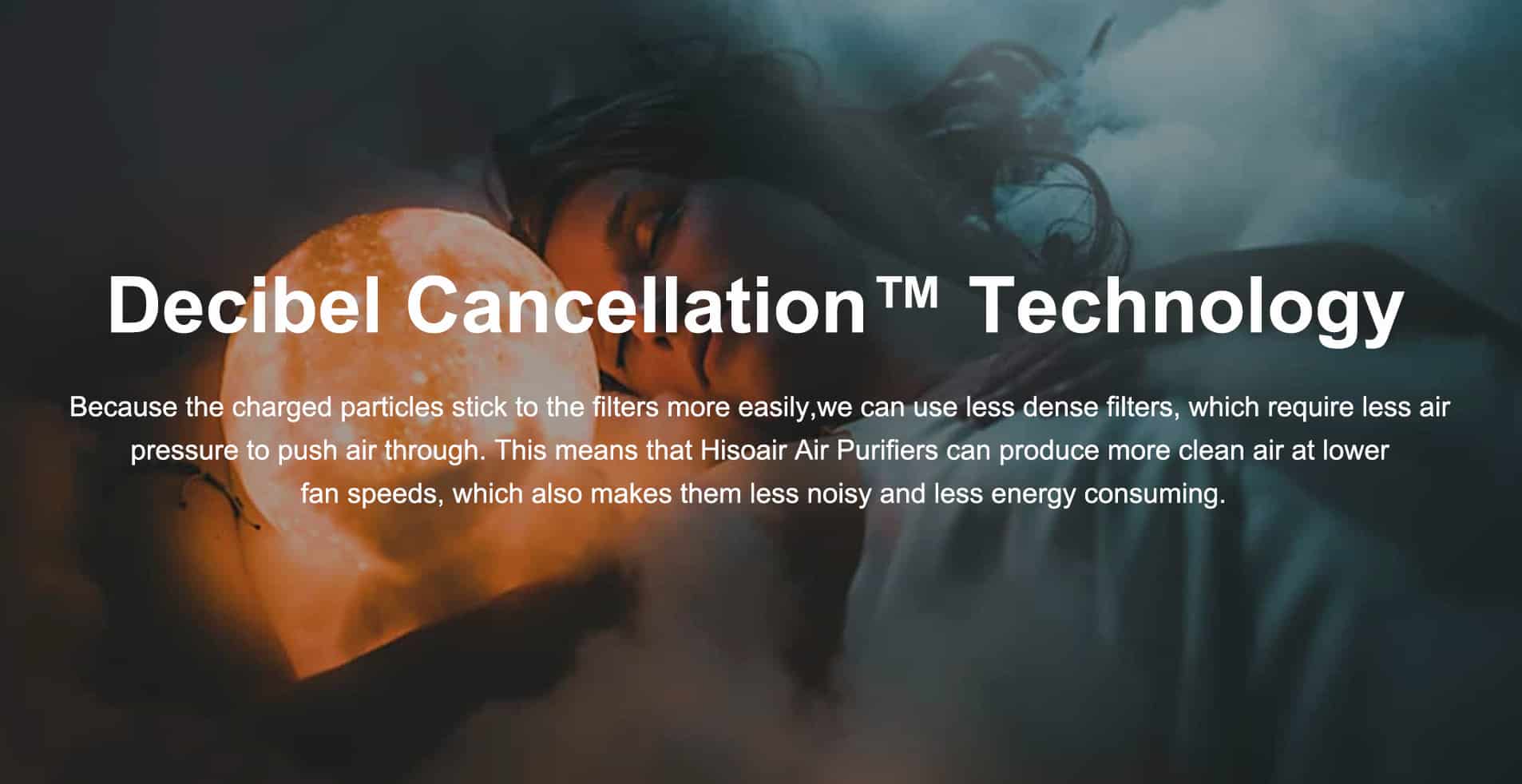
Преимущества данных в режиме реального времени
Преимущества выходят далеко за рамки соблюдения нормативных требований. Благодаря данным, получаемым в режиме реального времени, власти могут принимать упреждающие меры по смягчению последствий загрязнения, тем самым снижая риск для здоровья, связанный с плохим качеством воздуха. Я на собственном опыте убедился, что мгновенные оповещения могут привести к быстрым действиям, таким как закрытие дорог или рекомендация школам не выпускать детей из помещений во время сильного загрязнения.
| Выгода | Описание |
|---|---|
| Проактивное реагирование | Мгновенные оповещения позволяют быстро принять меры по снижению загрязнения. |
| Обоснованные решения | На основе данных принимаются политические и оперативные решения. |
| Информирование общественности | Обновления в режиме реального времени информируют граждан о состоянии качества воздуха. |
Данные в реальном времени не только помогают принимать обоснованные решения, но и повышают осведомленность населения, создавая информированное и заинтересованное в окружающей среде общество.
Технологические инновации
Технологический прогресс сделал мониторинг в режиме реального времени более доступным и эффективным, чем когда-либо. Портативные датчики и устройства IoT изменили способы сбора данных, обеспечив всесторонний охват, который раньше было невозможно себе представить. Я помню, как развертывание таких устройств было логистическим кошмаром; теперь они легко интегрируются в нашу инфраструктуру, передавая данные в центральные системы, где сложная аналитика генерирует практические выводы.
Эта технология не только улучшает качество воздуха, но и поддерживает городское планирование и природоохранные мероприятия, предоставляя данные, необходимые для принятия рациональных решений.
Проблемы и соображения
Конечно, ни одна система не обходится без проблем. Обеспечение точности и калибровки датчиков имеет решающее значение для надежного сбора данных. Управление огромными объемами данных требует надежной инфраструктуры и квалифицированного персонала, способного эффективно интерпретировать полученные данные.
Интеграция этих систем с существующими экологические рамки12 жизненно важно для достижения максимального эффекта. Сотрудничество между заинтересованными сторонами для стандартизации протоколов и обмена передовым опытом между регионами имеет большое значение.
Понимание этой динамики позволяет нам использовать весь потенциал мониторинга в режиме реального времени, создавая более здоровую окружающую среду и улучшая качество жизни населения по всему миру.
Мониторинг в режиме реального времени снижает воздействие загрязнения воздуха.Правда
Непрерывные данные позволяют незамедлительно принимать меры по снижению уровня загрязняющих веществ.
IoT-устройства препятствуют мониторингу качества воздуха в реальном времени.Ложь
IoT-устройства улучшают мониторинг, обеспечивая эффективный и портативный сбор данных.
Заключение
Системы очистки воздуха HisoAir улучшают качество воздуха в помещениях гостиниц благодаря использованию передовых технологий. HEPA фильтры, обеспечивающие чистоту воздуха, энергоэффективность и мониторинг здоровья и удовлетворенности гостей в режиме реального времени.
-
Узнайте, как плохой IAQ может повлиять на здоровье гостей, привести к дискомфорту или болезни. ↩
-
Откройте для себя лучшие системы отопления, вентиляции и кондиционирования воздуха, предназначенные для повышения уровня IAQ и комфорта гостей. ↩
-
Узнайте о передовых технологиях очистки воздуха, которые могут внедрить отели. ↩
-
Понимание качества воздуха в помещении поможет вам оценить значение технологий фильтрации для улучшения здоровья и комфорта. ↩
-
Узнайте, в каких зонах обычно наблюдается большая проходимость и почему они имеют решающее значение для целенаправленной очистки воздуха. ↩
-
Узнайте, как воздухоочистители дополняют системы ОВКВ, улучшая качество воздуха в помещении без существенных изменений. ↩
-
Узнайте, как прозрачные операции, например мониторинг качества воздуха в режиме реального времени, могут повысить доверие и удовлетворенность клиентов. ↩
-
Узнайте об оптимальных местах для размещения воздухоочистителей в отелях, чтобы максимально улучшить качество воздуха и повысить комфорт гостей. ↩
-
Узнайте, как интеграция воздухоочистителей с системами ОВКВ повышает энергоэффективность и качество воздуха в помещении. ↩
-
Узнайте, как мониторинг в режиме реального времени помогает руководителям предприятий поддерживать высокие стандарты качества воздуха в помещениях. ↩
-
Изучите подробную информацию о таких распространенных загрязнителях, как PM2.5 и летучие органические соединения, чтобы понять, как они влияют на здоровье и как с ними бороться. ↩
-
Узнайте об интеграции систем мониторинга в режиме реального времени с существующими экологическими структурами для разработки согласованных стратегий управления. ↩


